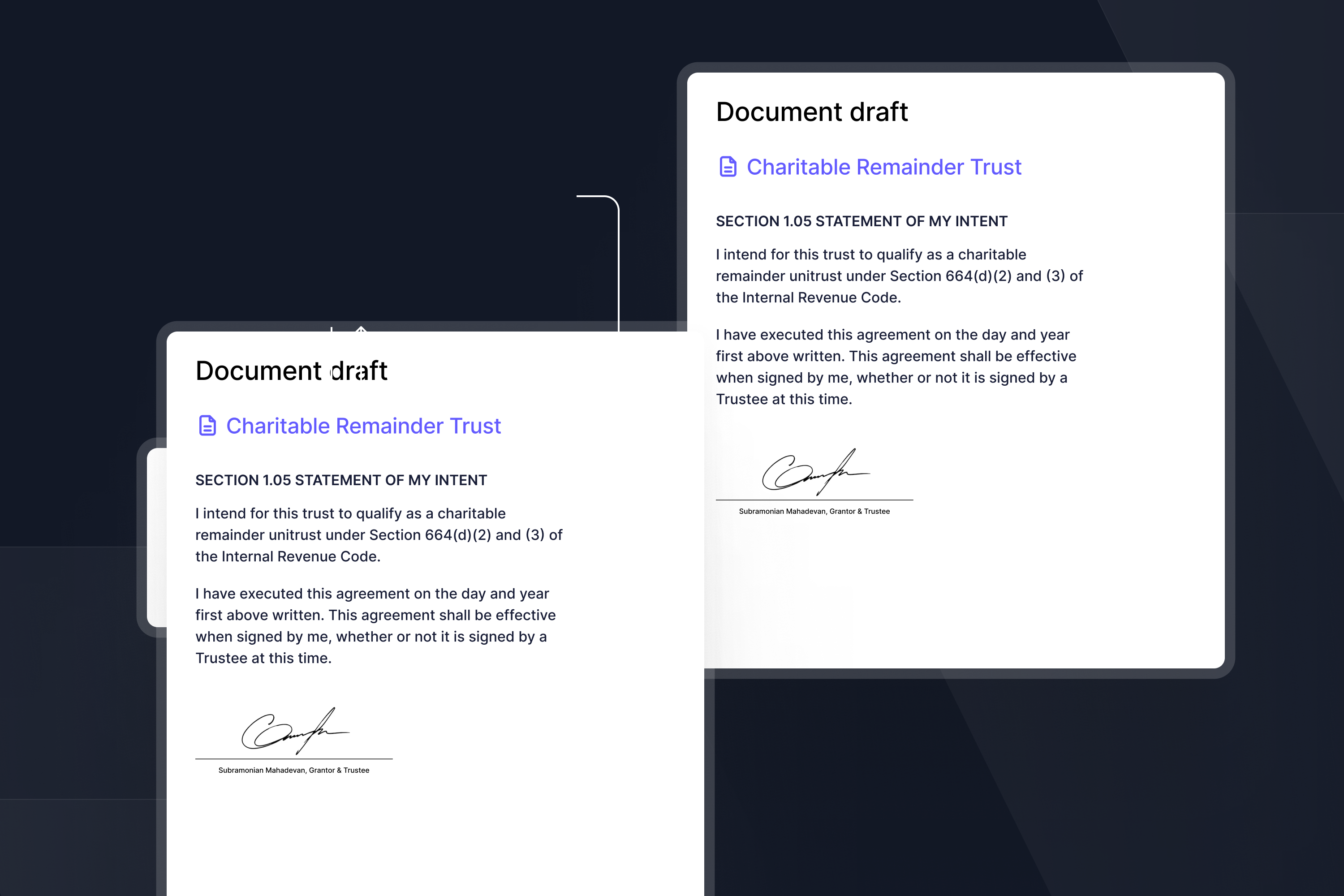
FEATURED ARTICLE
Tax Planning for Realized Gains and Ordinary Income
Tax planning strategies for realized gains and ordinary income

Tax planning strategies for realized gains and ordinary income


Investment farms are an increasingly popular form of investing that offer a unique opportunity for investors to diversify their portfolios and potentially earn a high return. Investment farms allow investors to purchase a stake in an agricultural business, such as a farm, ranch, or vineyard. This will enable investors to benefit from the long-term appreciation of the land, as well as any income generated from crops or livestock.
Investing in an investment farm is relatively straightforward. Investors can purchase a stake in an agricultural business either directly from the farm or through a broker. Alternatively, investors can buy shares in a publicly traded farm or agricultural-related business. In both cases, investors should do their due diligence to ensure they are investing in a quality business.
Investing in an investment farm is a great way to diversify a portfolio and earn high returns. Agricultural investments can provide investors with a steady income source and potential appreciation of the land. Additionally, investing in a farming business can provide investors with a sense of satisfaction, knowing that they are helping to support a local business.
One example of where investing in an investment farm might be helpful is in a retirement portfolio. An agricultural business can provide a steady source of income, as well as the potential for appreciation of the land, making it an attractive option for retirees looking for a secure source of income in retirement. Additionally, agricultural businesses can provide investors with a sense of satisfaction knowing they are contributing to a local business.
Check out our calculators and how to create one to strengthen your investments and take advantage of them! Or access our previous article to learn more about estate planning strategies!
We have built a platform to give everyone access to the tax planning tools of the ultra-rich like Mark Zuckerberg (Facebook founder), Phil Knight (Nike founder), and others. Valur makes it simple and seamless for our customers to utilize the tax-advantaged structures that are otherwise expensive and inaccessible to build their wealth more efficiently.